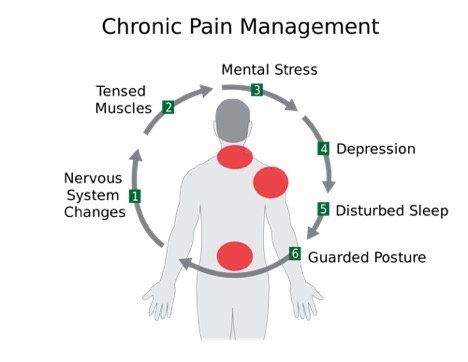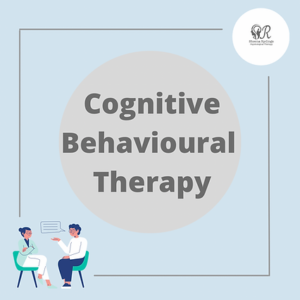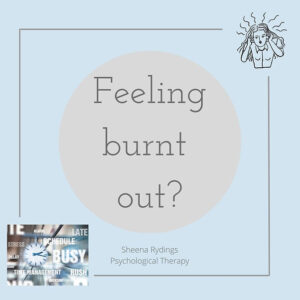Trauma is an experience that can leave a lasting mark on our minds and bodies. Whether it’s due to a single, intense event or prolonged exposure to stress, trauma can fundamentally alter the way our brain functions. To understand this better, let’s look at some key areas of the brain affected by trauma.
The amygdala, often referred to as the brain’s alarm system, becomes hyperactive in those who have experienced trauma. This heightened alertness is part of our survival mechanism, but it can lead to anxiety and a constant sense of danger.
The hippocampus, which plays a crucial role in forming new memories, can also be affected. Trauma can lead to fragmented or intrusive memories, making it difficult for individuals to process and integrate their experiences.
The prefrontal cortex, responsible for reasoning and decision-making, often struggles to regulate emotions post-trauma. This can result in difficulties managing stress and impulses, impacting daily life and decision-making.
But how does trauma relate to chronic pain?
Research has shown that individuals who have experienced psychological trauma are more likely to develop chronic pain conditions. A study published in the journal Pain found that trauma survivors are at a significantly higher risk of experiencing conditions like fibromyalgia, chronic back pain, and migraines.
Fibromyalgia, in particular, has been closely linked to trauma. According to a study in Arthritis Care & Research, individuals with a history of trauma, especially in childhood, are more likely to develop fibromyalgia. This condition is characterised by widespread musculoskeletal pain, fatigue, and tenderness in localised areas.
The connection between trauma and chronic pain is complex and multifaceted. One theory suggests that trauma can alter the brain’s pain processing pathways. The heightened sensitivity and hyper vigilance associated with trauma may lower the threshold for pain, making everyday sensations more painful.
So, what can we do to heal from trauma and manage chronic pain? It’s important to recognise that while we may never fully heal from chronic pain, there are ways to manage it so that it doesn’t debilitate our lives.
Therapy is a critical component of healing. Cognitive Behavioral Therapy (CBT) and Eye Movement Desensitisation and Reprocessing (EMDR) are two evidence-based approaches that have shown promise in treating trauma. These therapies help rewire the brain and develop healthier coping mechanisms. I offer face to face and online session for both CBT, EMDR and ACT (Acceptance and Commitment Therapy).
Mindfulness and meditation are also powerful tools. These practices can calm the amygdala and strengthen the prefrontal cortex, helping individuals manage their stress and emotional responses more effectively.
Support networks are equally important. Surrounding yourself with understanding and empathetic individuals can provide the emotional support needed to navigate the healing journey.
For managing chronic pain, a multidisciplinary approach is often best. This can include physical therapy, medication, and lifestyle changes such as regular exercise and a healthy diet. Mind-body techniques like yoga and tai chi can also help reduce pain and improve overall well-being.
Healing from trauma and managing chronic pain is a journey, and it’s important to be patient with yourself. Celebrate the small victories and recognize that progress, no matter how incremental, is still progress. With the right support and strategies, it is possible to lead a fulfilling life despite the challenges posed by trauma and chronic pain.

If you or someone you know is struggling with trauma or chronic pain, remember that help is available. Reach out to a mental health professional and explore the resources and support systems around you. Don’t forget to subscribe to my mailing list for more blog posts and follow us on social media for more content on mental health, wellness and chronic pain.
Remember, take care of your mind and be kind to yourself.
Sheena xx



